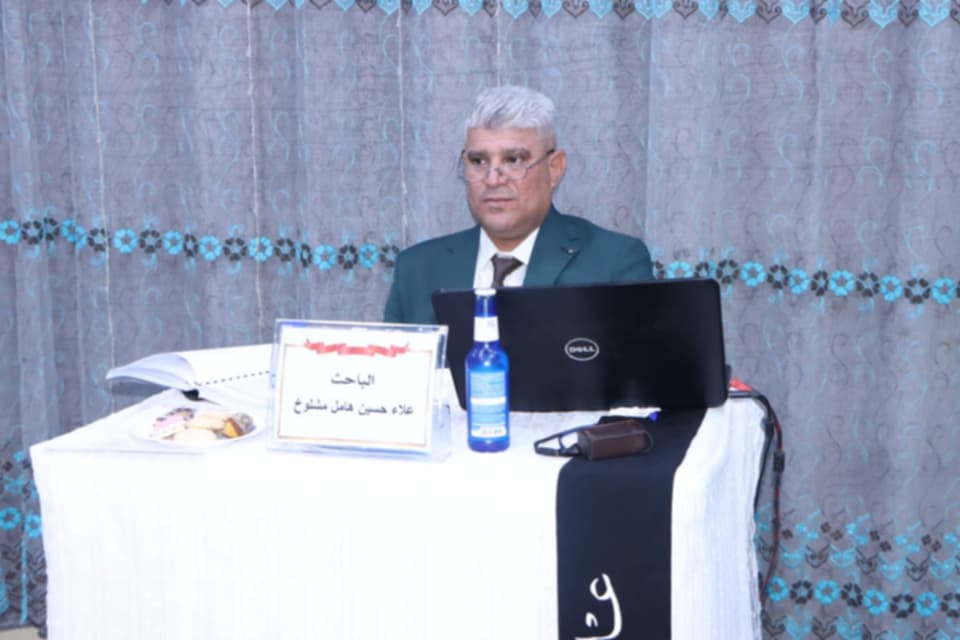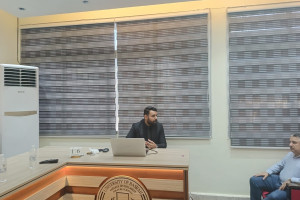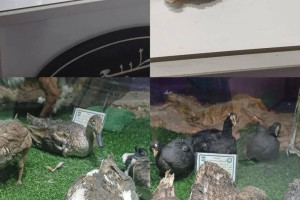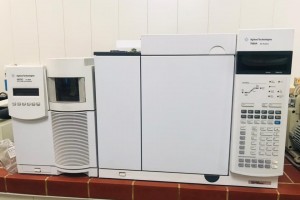
The College of Education for Pure Sciences, Department of Life Sciences, has submitted a doctoral thesis on "A Study of the Ability of Some Bacteria to Synthesize Silver Nanoparticles and Exopolysaccharides to Improve the Growth of Maize Plants."
The thesis, presented by researcher Alaa Hussein Hamel, included the following: "The current study involved isolating and identifying bacterial species for the first time from unique environments, represented by the Badra and Al-Ahdab oil fields in Wasit Governorate, and evaluating their ability to bioproduce silver nanoparticles and exopolysaccharides. The study then studied their combined effect on improving the growth of maize and tomato plants. Forty-three bacterial isolates were obtained and molecularly characterized, 12 of which were registered in the gene bank as new strains. Screening showed that the Bacillus halotolerans isolate was the most efficient at producing silver nanoparticles, while the B. licheniformis isolate was the best at producing exopolysaccharides, which increased significantly to 8 g/L when used." Molasses. After characterizing the products using advanced analytical techniques, a field experiment was conducted. The results demonstrated that the combined application of silver nanoparticles (at a concentration of 40 mg L-1) and soil-based exopolysaccharides (at a concentration of 100 mg kg-1) resulted in the most significant improvement in growth characteristics, a first-of-its-kind application worldwide. The study concluded that the combined application of these bioproducts represents an innovative and promising strategy for enhancing agricultural production in a sustainable and environmentally friendly manner

.







